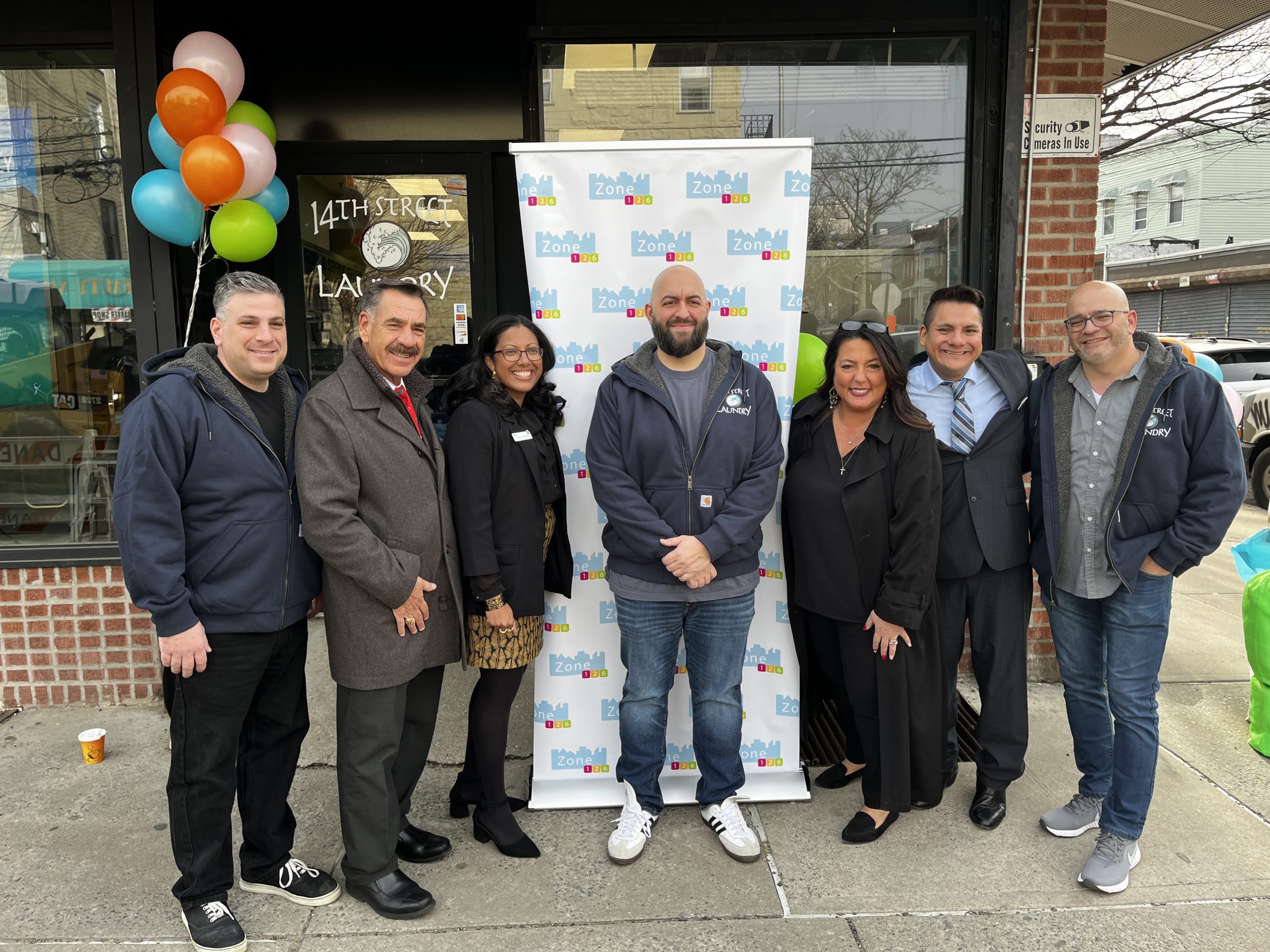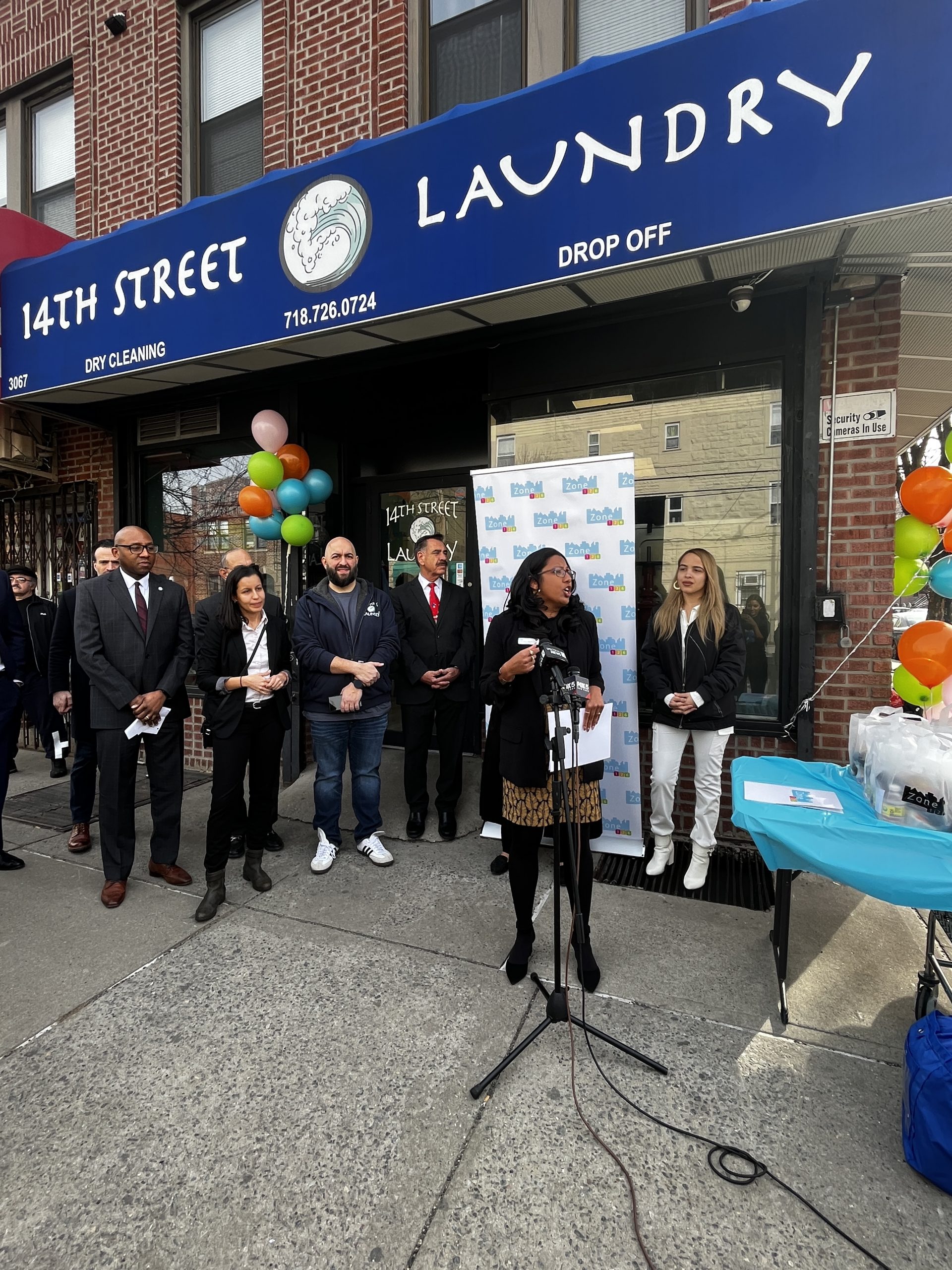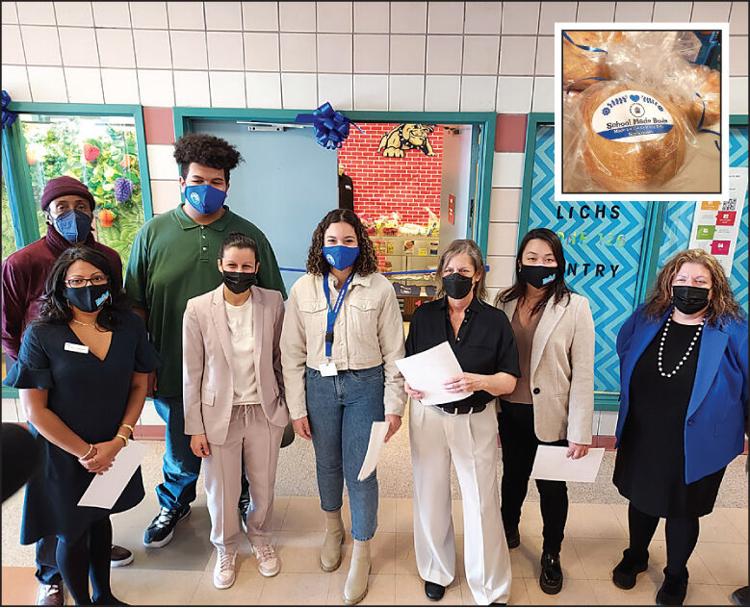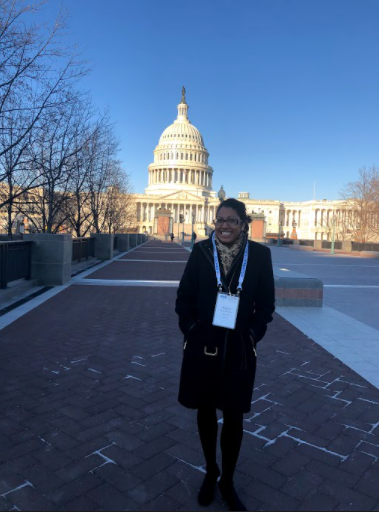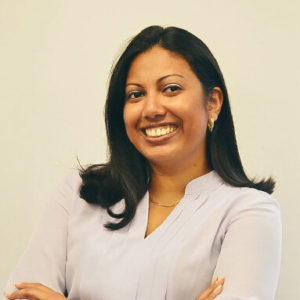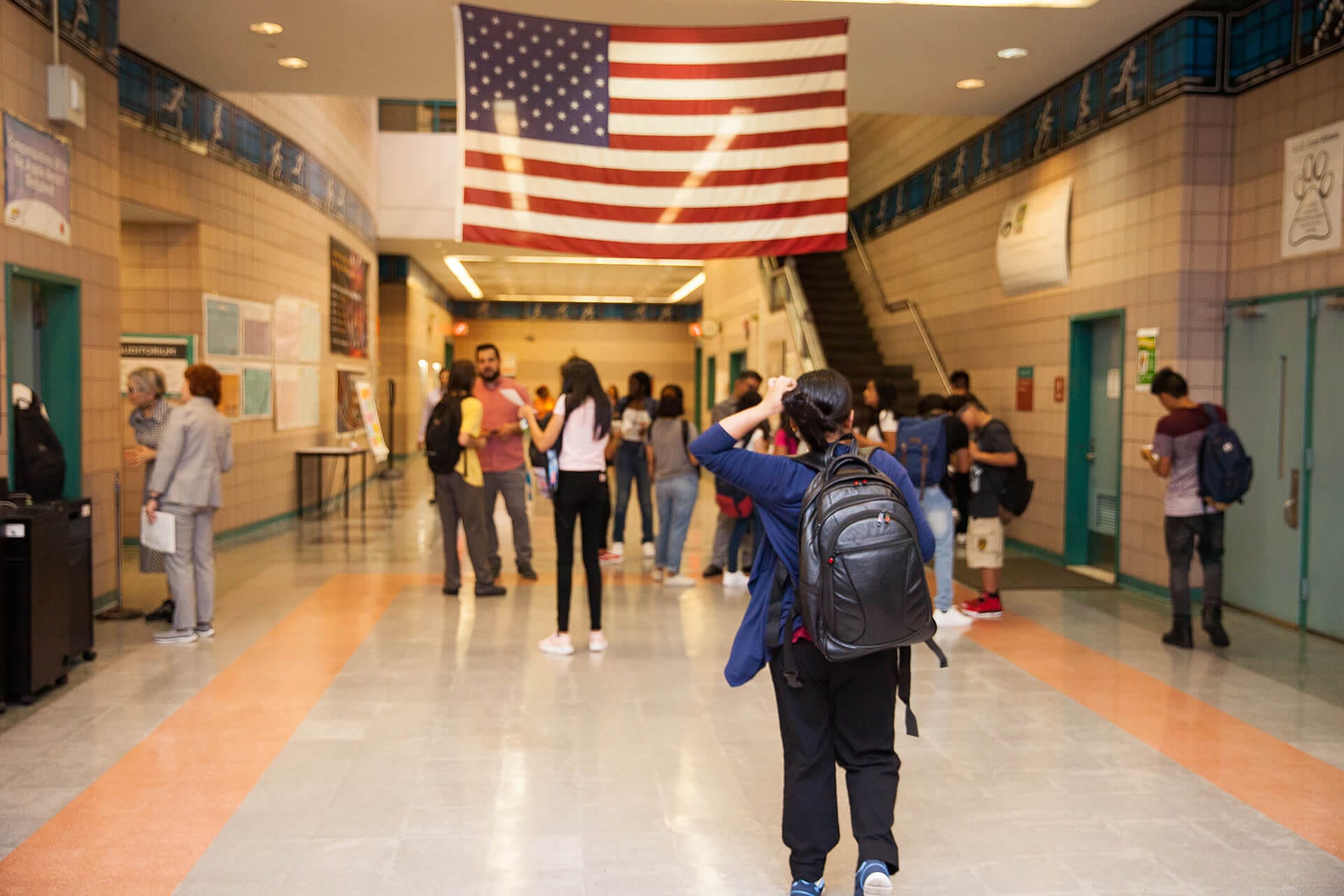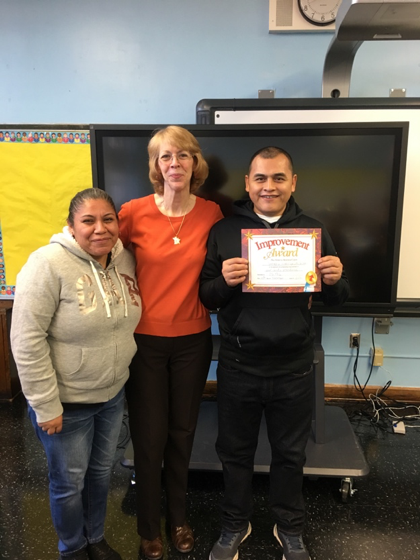Zone 126
Teacher, Please Wake Me Up
“ If you can see things out of whack, then you can see how things can be in whack.”
-Dr. Seuss
Research in social science, psychology, pedagogy, economics and politics are influencing how the philanthropic sector responds to attempts at tackling problems associated with eradicating generational poverty while achieving some level of social and racial justice for Black, Latino and low-income communities. Yet, as researchers and scientists identify inequality and develop tools to address their multiple consequences, less attention is given to how or why these inequalities are created, reconstructed, reinforced and normalized across generations. In 2018, public schools in Western Queens can have a lasting positive impact on the future of Black, Latino and low-income youth only if they make room for learning and challenging the myths and merits about living in a meritocracy.
In an article written in The Atlantic, David Stovall, professor of educational-policy studies and African American studies at University of Illinois at Chicago, said “If young folks see themselves being discriminated against, they’ve been told that a system is fair, and they experience things that are unfair, they will begin to reject this particular system and engage in behaviors that will not be to their betterment,” he explained. Stovall said it’s critical to guide young people from “defiant resistance”—defying what they’ve learned to be untrue regarding a just and fair system for all—to “transformative resistance”—developing a critical understanding of the historical context of U.S. society. Educators, he said, play a crucial role in this work.
There is nothing wrong with asking different questions about school. In college, I read Howard Zinn’s book, A People’s History of the United States . The same history already taught in our schools, but from the perspective of the indigenous and enslaved, women, LGBTQ+ and labor. This point of view unlocked my ability to think critically about my life and career choices. Imagine what can happen if we unlocked young minds earlier in their development. Public schools in Western Queens do not have to unintentionally contribute further to Black, Latino and low-income students’ marginalization and oppression. Or is it just about order, compliance and the normative standards that have failed to position them for success? Maybe the structure was never intended for them to measure up. Research tells us that students who are told that things are fair implode in middle schools as self-doubts sets in, blaming themselves for problems they have no control over.
Zone 126 wants families living in northwestern Queens to understand that the education their children receive in school can make the difference in how they approach their right to “life, liberty and the pursuit of happiness.” Teacher, please wake me up.
Catch up on the latest
Keep in Touch
Subscribe to receive our monthly newsletter and updates.



